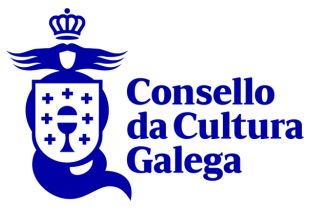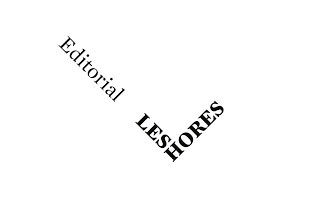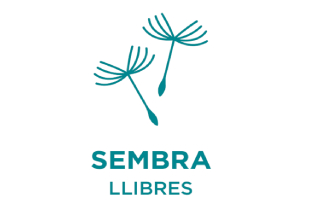When the leading figure in a language is a woman writer, and a poet to boot, it can set the course of an entire literature. In Galicia, the central voice of the tradition is Rosalía de Castro; her literary strength and the importance of a female role model meant that women dominated the poetic scene decades before a similar process took place in Catalonia. Galician culture is a world in itself, an ecosystem with strong ties to the oral tradition, which, despite the lack of political support for the language, has received the majority of national awards in recent years. A cultural and literary panorama that, from the periphery, has managed to internationalize and open up to the world, with consolidated figures and new voices that embrace major global trends and take part in major contemporary debates.
But what are the current challenges facing Galician culture? What are the latest trends, and where is the internationalization of the literature heading? Three of the most internationally known guests who are part of the Galician focus of this Kosmopolis – the poet and cultural manager Yolanda Castaño, the renovator of Galician music Mercedes Peón, and the novelist and editor Berta Dávila – talk with Berta Ares, a journalist of Galician origin who has made Barcelona her home. Because all big literatures are alike, but each small literature is small in its own way.












